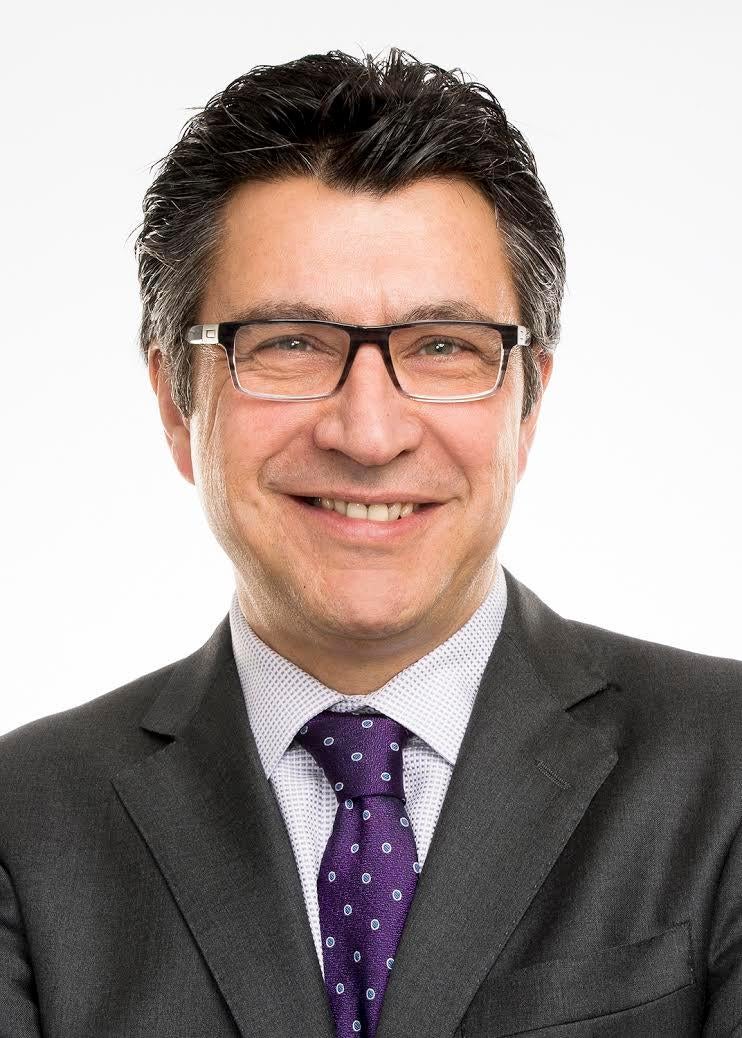ABSTRACT: Oil sands are a strategic resource for Canada, but despite technological advances in extraction techniques, the treatment of tailing ponds resulting from bitumen extraction is plagued by many environmental challenges. The crucial technical challenge is to separate bitumen from the sand and clay particles, then flocculate or stack the clay particles to release water that can be recycled to the bitumen extraction process. The clays can then be placed in the mine, giving rapid reclamation without forming tailing ponds that may take decades to be reclaimed.
A key opportunity in oil sands is designing polymers to control the properties at the interface between water droplets and the oil phase, and at the interface between clay particles and both the aqueous phase and the oil phase. My research group is developing new polymer flocculants that are more effective than the current generation of commercial additives, which were not designed either to perform in the presence of bitumen or to efficiently stack the clay particles for efficient dewatering.
In this presentation I will review the state-of-the-art in polymer flocculants for oil sands tailings treatment, and the new approaches being developed in my group to solve this pressing Canadian problem.

Professor João B.P. Soares, PhD, FCIC, P.Eng.
Biography
João Soares is a Professor in the Department of Chemical and Materials Engineering at the University of Alberta (Edmonton, AB, Canada). He hold a Campus Alberta Innovates Program (CAIP) Chair in Interfacial Polymer Engineering for Oilsands Processing, and a Canada Research Chair (Tier I) in Advanced Polymer Reaction Engineering.
Prof. Soares has developed an original methodology to investigate polymerization processes that integrates: 1) polymerization kinetics determination, 2) microstructural characterization, and 3) detailed mathematical modeling. The combination of these three areas of research allows for a better understanding of the polymerization process/polymer architecture continuum that is unique to Prof. Soares’s group.
Before joining the University of Alberta on July 2013, João Soares was a Professor in the Department of Chemical Engineering at the University of Waterloo (Waterloo, ON, Canada) for 18 year. He worked as a research and development engineer for Pronor, COPENE, and Polibrasil (Brazil) before joining the University of Waterloo.
Prof. Soares has published over 190 articles in referred journals, written 13 book chapters, and is the author (with Timothy McKenna) of the book Polyolefin Reaction Engineering. He has offered 27 public and 22 in-house industrial short courses all over the world in his areas of expertise. Professor Soares is also a co-organizer in two main international polyolefin conferences: The International Conference on Polyolefin Reaction Engineering (INCOREP), and The International Conference on Polyolefin Characterization (ICPC).
Professor Soares is the Editor-in-Chief for the Canadian Journal of Chemical Engineering. He is also a member of the Executive Advisory Board of Wiley-VCH Macromolecular journals and responsible for the coordination of Macromolecular Reaction Engineering.
Professor Soares is a Fellow of the Chemical Institute of Canada, and a Professional Engineer in the Provinces of Ontario and Alberta. He is the recipient of the Premier’s Research Excellence Award (2000), the Union Carbide/Dow Innovation Recognition Program (2000, 2001), and the Syncrude/CSChE Canada Innovation Award for contributions to Chemical Engineering under the age of 40 (2001). He consults for several polyolefin-manufacturing companies in Canada, USA, Europe, Asia, and the Middle East, and has worked as an expert witness in several patent litigation cases.
Research Interests: 1) polymerization reactor engineering for Ziegler-Natta, metallocene, late transition metal, free-radical and living free-radical polymerization, 2) water-soluble polymers for oil sands technology, 3) polymer microstructural characterization and fractionation, 4) mathematical modeling of polymerization reactors and polymer microstructure, and 5) in-situ polymer nanocomposites.